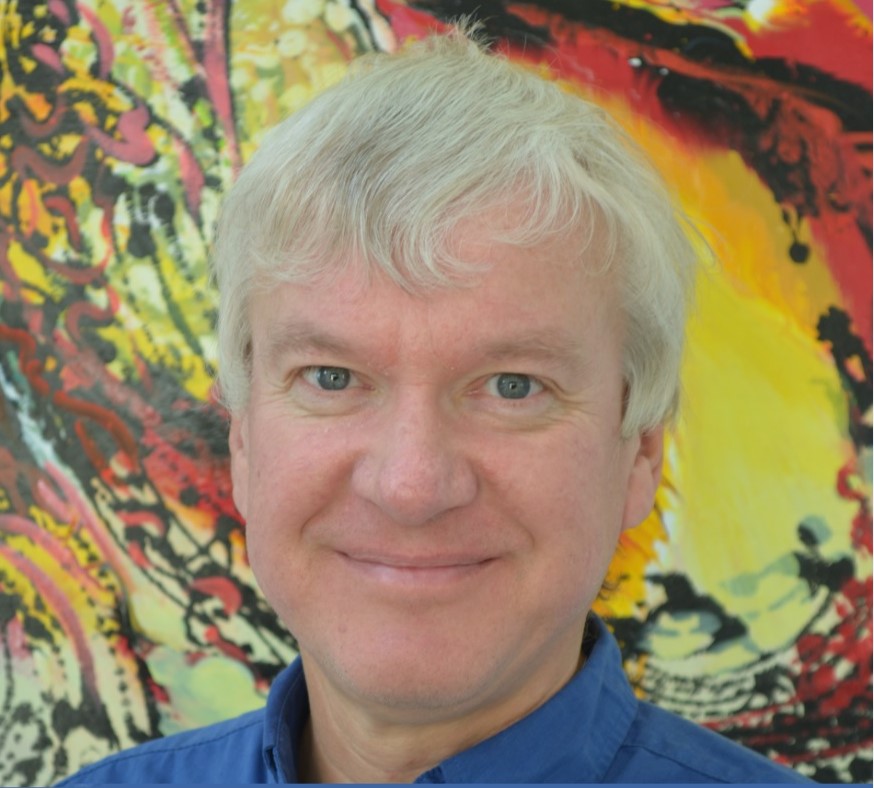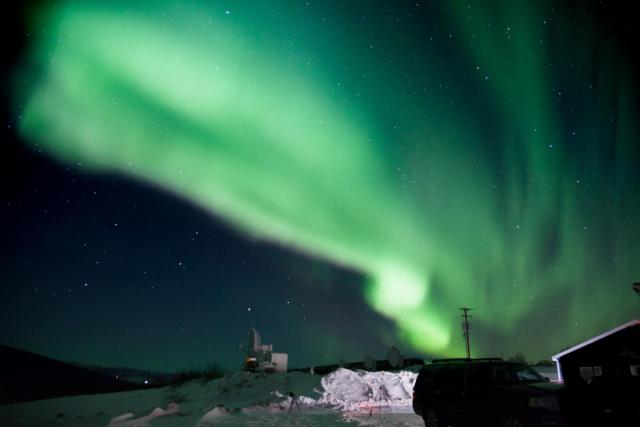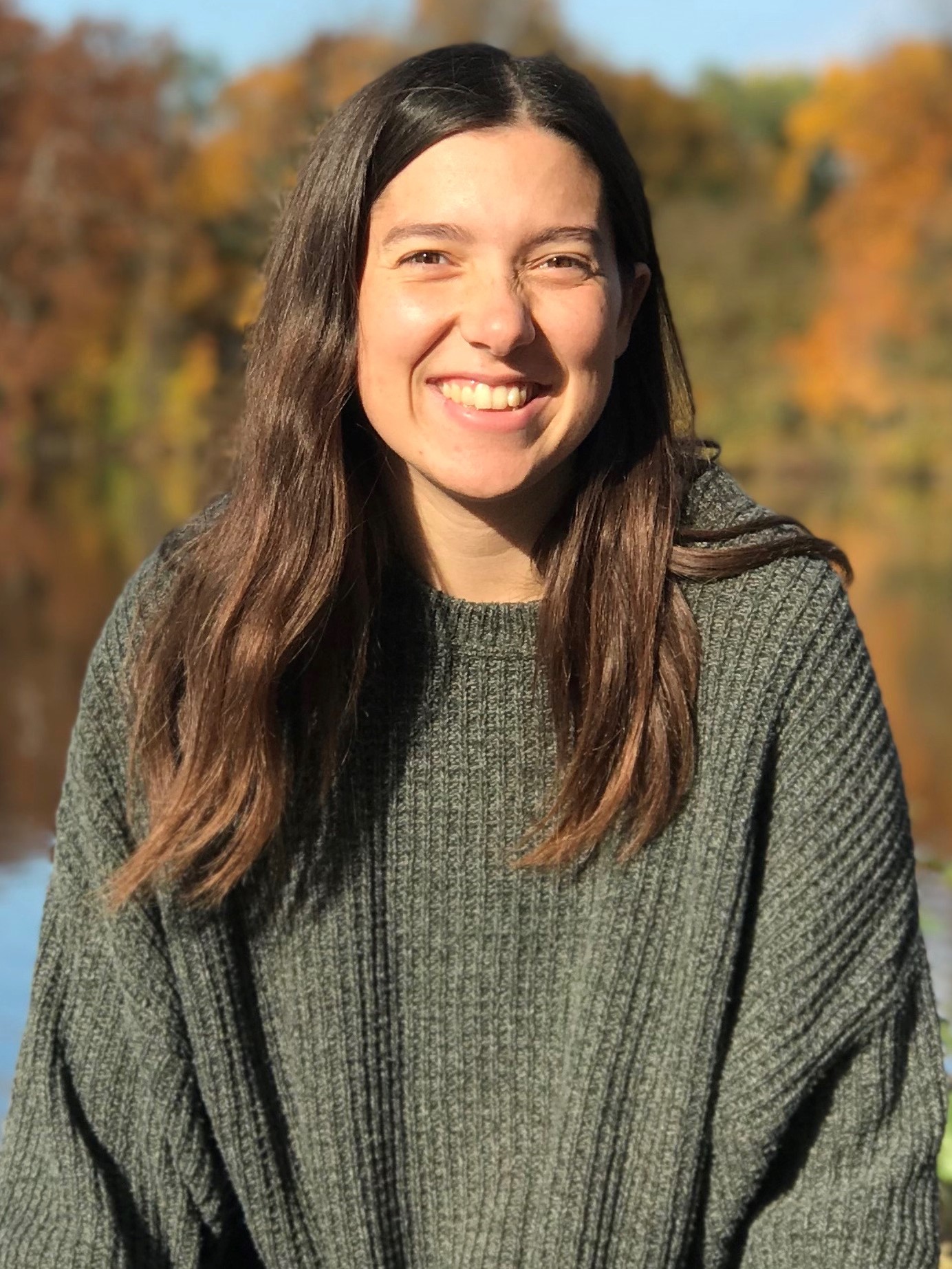
The University of Iowa Department of Physics and Astronomy has had outstanding success in space-based research, from James Van Allen’s pioneering discovery of Earth’s radiation belts in the 1950s to Craig Kletzing’s TRACERS mission, funded by NASA at $115 million just last year.
Equally important, the College of Liberal Arts and Sciences (CLAS) department is renowned internationally for its educational programs at all levels. Undergraduate and graduate students regularly work side-by-side with faculty, designing and building instruments that fly on American spacecraft, and analyzing the data the instruments return. NASA Chief Scientist James L. Green, who earned both his BA in astronomy (1973) and PhD in physics (1979) from the UI, is just one example of Hawkeye alumni who have been shaping the nation's space program for decades.
Now Philip Kaaret, professor and chair of the department, is leading an interdisciplinary team that will extend that research and educational success throughout the UI. The team comprises faculty members from the CLAS Departments of Physics and Astronomy, Earth and Environmental Sciences, and Geographical and Sustainability Sciences, as well as from the College of Engineering. Jun Wang, the James E. Ashton Professorship in Engineering and assistant director of the Iowa Technology Institute (ITI), and Thomas (Mach) Schnell—the Captain Jim “Max” Gross Chair in Engineering, associate director of the Iowa Technology Institute, and director of ITI's Operator Performance Laboratory—are key leadership partners in the project.
The researchers and educators received "P3" funding from the UI, totaling $3,595,237 over three years, for a project titled "Extending Iowa’s Success in Space-Based Research Across Campus." The proposal for the funding describes a three-pronged approach to reaching the initiative's goal.

of the Northern Lights and other auroras.
"We will draw on the expertise of faculty across multiple departments to create an interdisciplinary research enterprise that will enable departments across the university to successfully compete for NASA funding for space missions and instruments in a broad range of fields," Kaaret's team wrote. "To accomplish this, we will: 1) enhance the UI’s capabilities to design, build, and test novel space instrumentation; 2) develop proposals for space missions in Earth observation and lunar science that will jumpstart UI’s instrumentation efforts in these fields; and 3) create a space instrumentation summer school that will make the UI the destination of choice for students interested in space, and help recruit a diverse student body."
The three-year project is expected to be just the beginning of efforts to leverage Iowa's historic success in space-based research into ongoing, cross-disciplinary programs that will benefit the entire university.
.jpg)
"The interdisciplinary teams essential for the missions and the summer school will create lasting cross-campus collaborations," the researchers said. "The project will enhance the UI’s stature and build partnerships with NASA, industry, and other academic institutions. The project will have a high return on investment through significantly increased external funding that will diversify UI’s funding portfolio and enable continuation of project activities. An integrated capability from sensor and algorithm design to qualification and flight test of instrumentation will open unparalleled opportunities for the UI to leap to the next phase of space-based observation excellence."
P3 resources are generated by the UI's public-private partnership (P3) with its utility system. The university issued a call for proposals, receiving 45. Kaaret's team's project is one of seven selected in 2021 for funding. The funding for all seven projects totals $12,128,313.

recently earned a 3-year NASA
fellowship to pursue her research.
In addition to the project led by Kaaret, another CLAS faculty member's proposal was selected for P3 funding. Professor Shaun Vecera of the Department of Psychological and Brain Sciences was awarded $900,000 to develop and implement a project using empirically proven learning methods from cognitive science that have been demonstrated to have positive effects on student learning and progress toward degree.
Kaaret's partners in the "Extending Iowa’s Success in Space-Based Research Across Campus" project include the following colleagues.
Jun Wang, the James E. Ashton Professor in the College of Engineering, is the Earth-Observing Mission Lead and a primary partner of Kaaret's in designing and implementing the project. Wang is on the faculty of the Department of Chemical and Biochemical Engineering, and is assistant director of the Iowa Technology Institute.
Thomas (Mach) Schnell, the Captain Jim “Max” Gross Chair in Engineering, is associate director of the Iowa Technology Institute, director of the institute's Operator Performance Laboratory, and a professor in the Department of Industrial and Systems Engineering.
Craig Kletzing, the Donald A. and Marie B. Gurnett Chair, is a professor in the Department of Physics and Astronomy.
Jasper Halekas, associate professor in the Department of Physics and Astronomy, is the Lunar Mission Lead.
Casey DeRoo is assistant professor in the Department of Physics and Astronomy.
Allison Jaynes, assistant professor in the Department of Physics and Astronomy, is the Space Instrumentation Summer School Co-Lead.
David Miles is assistant professor in the Department of Physics and Astronomy.
David W. Peate is professor of geochemistry and chair of CLAS's Department of Earth and Environmental Sciences.
Marc Linderman is associate professor in the Department of Geographical and Sustainability Sciences.
Susan Meerdink, assistant professor in the Department of Geographical and Sustainability Sciences, is the Space Instrumentation Summer School Co-Lead.
Ananya Sen Gupta is assistant professor in the Department of Electrical and Computer Engineering.